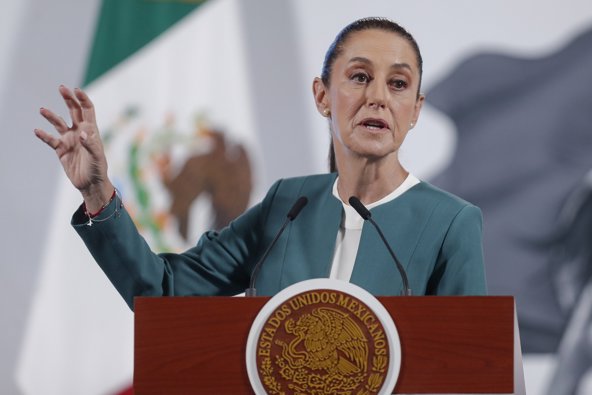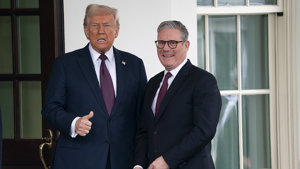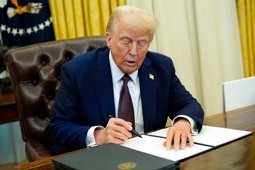
Sheinbaum Wants USMCA Tariff Pause Extended
Mexican President Claudia Sheinbaum expressed her hope on Tuesday that the United States would maintain the current tariff pause under the United States–Mexico–Canada Agreement (USMCA) beyond Wednesday, when Washington is expected to announce new trade measures.
Speaking during her daily press conference, Sheinbaum responded to questions regarding Mexico’s potential alignment with other nations—such as China, Japan, and South Korea—in forming a joint reaction to new U.S. tariffs. She clarified that her government would not act immediately, instead reserving its response for Thursday or Friday, pending full details of the U.S. decision.
Sheinbaum emphasized the importance of the automotive industry to Mexico’s economy. She pointed out that the majority of vehicles manufactured in the country are intended for export, while many of the cars sold domestically originate from China. She suggested that producing low-cost cars within Mexico could serve as a strategic alternative to imports from China, potentially strengthening the country’s automotive sector and lessening reliance on foreign manufacturing.
Addressing broader bilateral issues, Sheinbaum also commented on the United States' request for stricter immigration enforcement on Mexico’s southern border with Guatemala. She asserted, “We coordinate, but we do not subordinate ourselves,” signaling a desire for sovereign decision-making while continuing cross-border cooperation.
The president’s remarks come amid heightened trade tensions, with the global community closely watching how the U.S. administration’s new tariff policies will unfold. Mexico’s measured approach, prioritizing economic analysis and strategic response, reflects a balancing act between national interest and regional stability.
Sheinbaum’s administration appears focused on safeguarding Mexico’s export-dependent industries, especially automotive manufacturing, while exploring long-term shifts in domestic production capabilities. Her comments also underscore a diplomatic tone in managing U.S.-Mexico relations, seeking to preserve open trade under USMCA while preparing for potential retaliatory steps if necessary.






